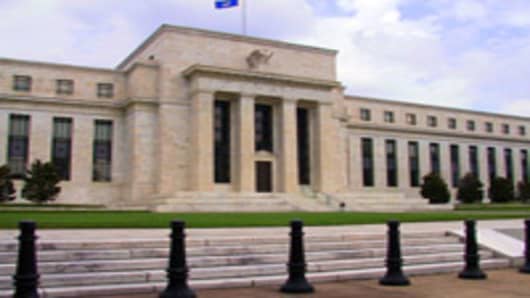The United States does not need any further monetary stimulus as the past attempts to boost the economy by money printing have proved to be a temporary panacea, said Carly Fiorina, the former CEO of Hewlett-Packard and a CNBC contributor.
Some analysts have said the Federal Reserve may have to launch a third round of quantitative easing (QE3) to help the U.S. economy deal with the fallout from the euro zone crisis and with the global slowdown.
“I’m not a big fan of more action on the Fed’s part. It worked to boost the stock market temporarily but we have reversed all the gains of the year on the stock market," Fiorina told “Worldwide Exchange.” "More QE won’t do any good," she added, warning that the U.S was facing structural difficulties, with small businesses failing and fewer start-ups.
The Federal Reserve has so far resisted attempts to launch further QE or enhance "Operation Twist" despite a slew of bad economic data, notably sluggish gross domestic product growth and a jobs report that was worse than feared.
The Fed’s meeting on June 19 will be closely watched to see if any action is likely in the face of further economic deterioration.
She added that what the U.S. needed now was further policy changes, not “more money flooding the system.” The November Presidential elections are seeing both Democrats and Republicans ramp up their policy rhetoric as campaigning gets into full swing.
In an interview with CNBC former President Bill Clintonsaid he felt tax cuts should be extended considering the current economic climate but not indefinitely, which has been the GOP stance.
President Obama has been keen to raise taxes — his Buffett rule was defeated — on top earners.
"Clinton was saying that it's a tough economy, there are bad reports, job creation, GDP growth so of course we shouldn't be raising taxes. [I agree] no one should be raising taxes on anyone," Fiorina said.
On Europe’s deepening debt crisis, Fiorina said the criticism leveled at the European Central Bank for being slow in its response was “deserved.”
“A rate cut in Europe should be on the table but it’s very difficult for those of us in the U.S to advise [Europe]. It is a case of what is the future the euro zone wants for itself. These are important existential questions, but is the political process able to deal with this in time?”
The ECB held interest rates at 1 percent on Wednesday.


